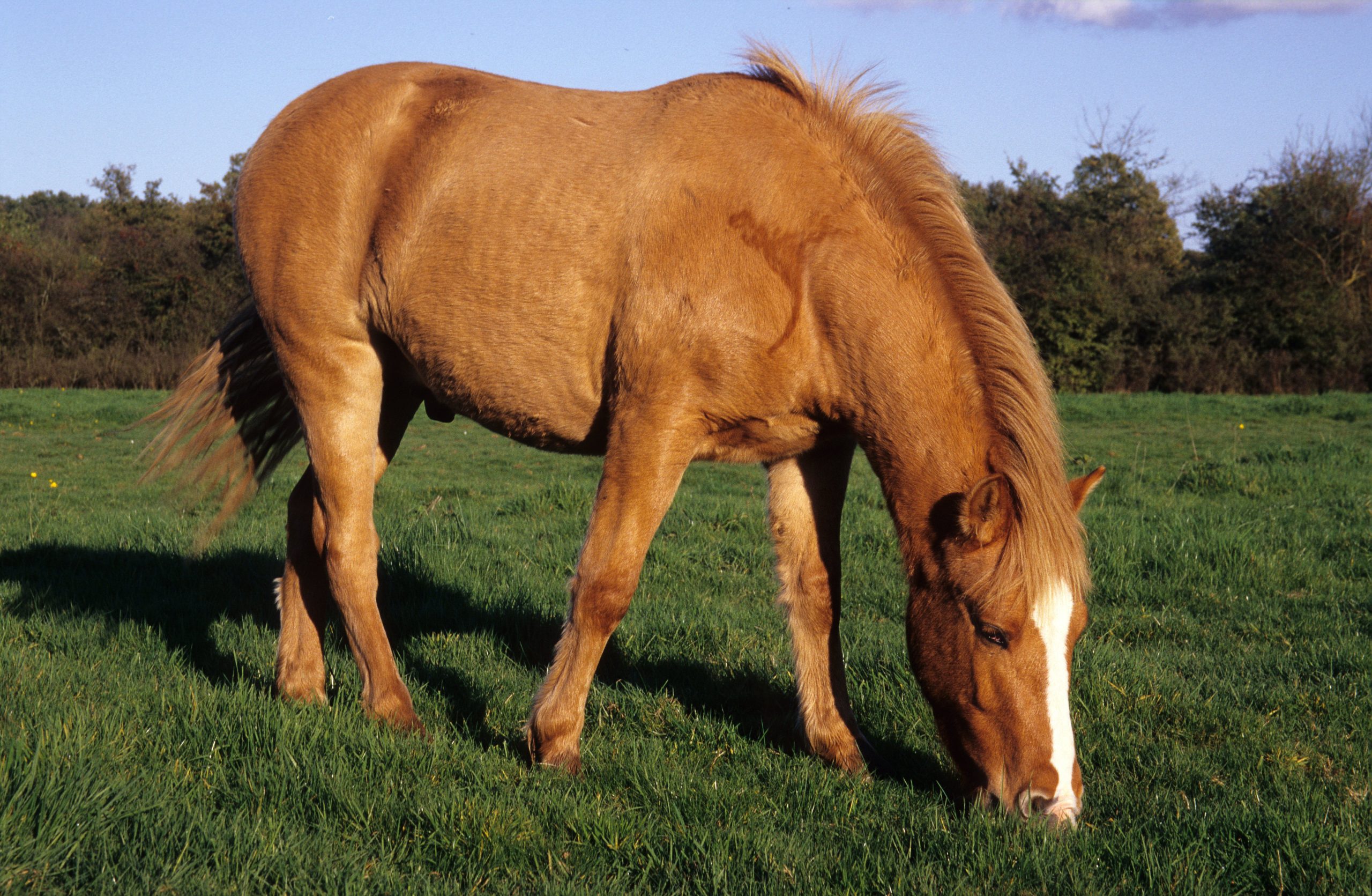
The Power of Good Nutrition for Horses
Horses are life-long companions and working partners – but just like humans, need to be fed a well rounded diet to thrive. Diets can, and will vary by each individual horse – at Winter Brook we take care to adjust and accommodate each horses’ needs individually. But a great way to get started with forming your horses’ diet is to understand the key elements of nutrition for horses:
- Water: The biggest thing horses need isn’t food, it’s water. Horses body weight is up to 70% water, it’s crucial that they have access to clean, fresh water for digestion, temperature regulation and overall health. A good rule of thumb is to provide one gallon of water per day for every 100 pounds of body weight. In the winter months, make sure the water isn’t frozen – use a heated bucket or trough for outdoor use.
- Carbohydrates: The primary source of energy, found in forages like hay or grain. High-fiber forages like hay promote gut health and slow-release energy, while grains provide a readily available energy boost. It’s key to offer hay to horses as they desire – so we suggest keeping a regular supply available. Grain should be fed during the day, never late in the night as that could risk colic.
- Fats: Crucial for cell health, vitamin absorption and providing additional energy, especially for hard-working and active horses. Vegetable oils such as canola oil and flaxseed are excellent sources, this is particularly good if you’ve got a horse who needs to gain weight in a relatively quick and healthy manner.
- Protein: Essential for muscle growth and repair, particularly important for younger horses, pregnant mares and those in intense training or activity levels. Alfalfa hay and legumes are great sources.
- Vitamins and Minerals: These micronutrients play a multitude of roles depending on the horse and their needs. These can range from bone development and immune function to nerve conduction and enzyme activity. A balanced diet, with supplementation if needed, ensures these essential nutrients are met.
A well-balanced diet goes beyond just keeping a horse alive. It positively impacts their health and well-being in numerous ways:
- Improved Performance: Proper nutrition fuels energy, builds muscle, and enhances athletic ability, allowing horses to perform at their best.
- Stronger Immune System: A balanced diet provides the necessary nutrients to fight off infections and disease, keeping horses healthy and resilient.
- Healthy Digestion: Fiber-rich forages promote gut health and prevent digestive issues, ensuring efficient nutrient absorption and waste elimination.
- Stronger Bones and Joints: Proper calcium and phosphorus intake, along with vitamin D, helps build strong bones and joints, reducing the risk of injuries and lameness.
- Healthy Skin and Coat: A balanced diet provides nutrients for a shiny, healthy coat and promotes skin health, preventing dryness and irritation.
- Longevity: Horses with a long, healthy life often have a history of good nutrition, reducing the risk of chronic diseases and extending their lifespan.
Providing a horse with good nutrition requires understanding of their individual needs, which varies based on their age, breed, activity level and health status. We recommend you consult with a veterinarian or equine nutritionist to help create a personalized diet plan. But here are some key tips:
- Prioritize Forages: Horses are herbivores, so hay should be the foundation of their diet. Choose high-quality hay based on their needs and adjust the amount based on their activity level.
- Gradual Grain Introduction: Grains can be a good source of energy, but introduce them slowly and in limited amounts to avoid digestive upset.
- Monitor Weight and Body Condition: Regularly monitor your horse’s weight and body condition to ensure they are getting the right amount of calories.
- Fresh Water Always: Ensure constant access to clean, fresh water throughout the day.
- Supplements with Care: While commercial supplements can be beneficial, consult a veterinarian before adding them to your horse’s diet to avoid imbalances or unnecessary expenses.
All in all, a well balanced diet is not just a luxury for horses, it’s an important step to keeping them healthy and happy long-term. By understanding the importance of good nutrition and making informed choices for your hoofed friend about their food, you can give your companion the best chance to live long, healthy and fulfilling lives. Remember, a happy horse is a healthy horse, and a big part of that often lies in their food bin.

